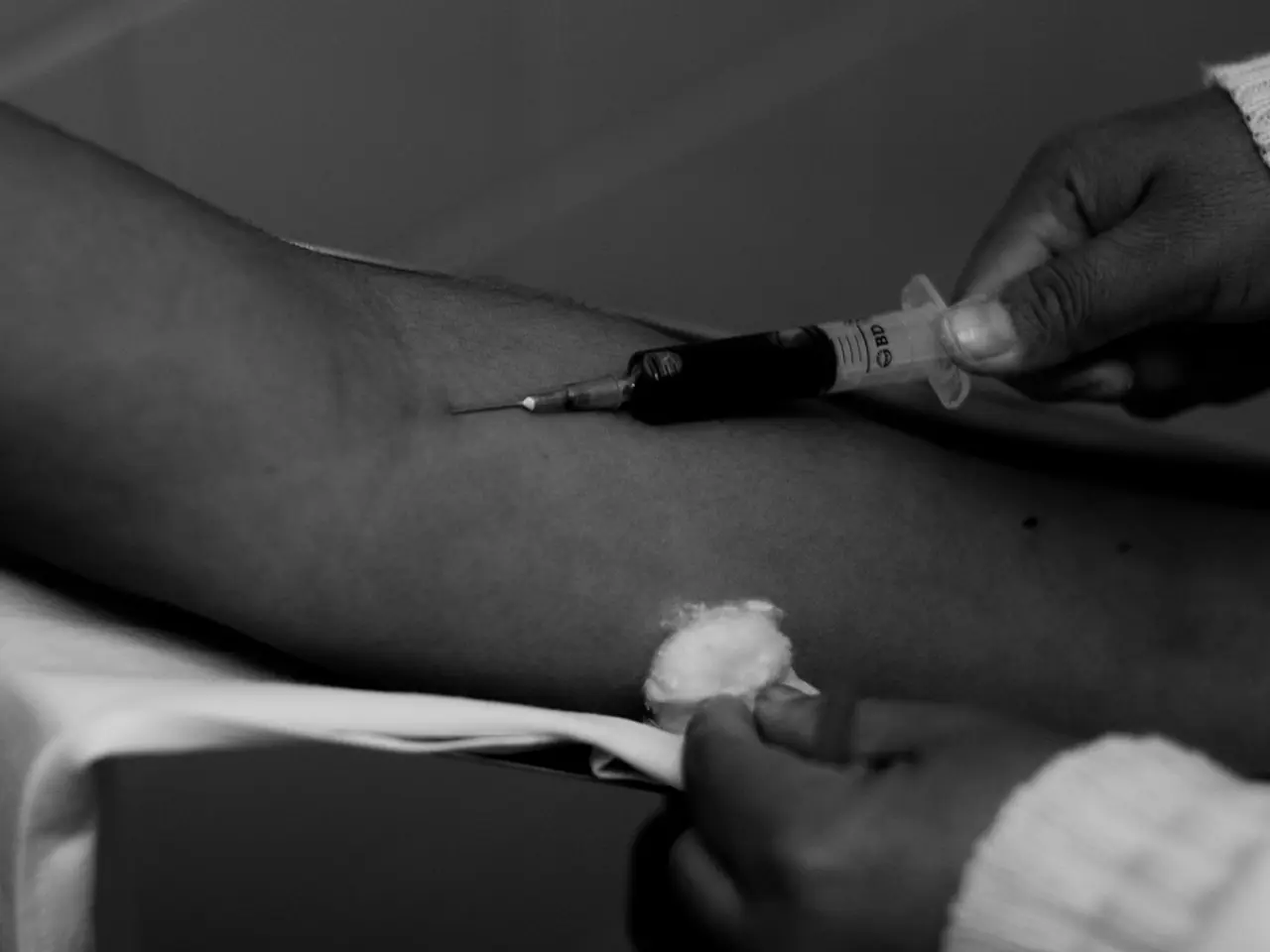Advertisements featuring before-and-after images for hyaluronic acid injections are now forbidden by the BGH (presumably a regulatory body like the FDA) - Marketing of hyaluronic acid injections, illustrated by before-and-after photos, now forbidden by BGH ruling
The German Federal Court of Justice (BGH) has ruled that advertising using before-and-after images for minimally invasive cosmetic treatments, such as hyaluron injections and Botox, violates the German Medicines Advertising Act. This type of advertising is prohibited because such procedures fall under non-essential surgical plastic interventions, which are subject to very strict advertising rules.
The ruling was prompted by a case initiated by the Consumer Advocacy Center of North Rhine-Westphalia against a company for violating the German Medicines Act by advertising minimally invasive treatments with before-and-after images. The Higher Regional Court of Hamm had previously banned such advertising practices in August 2024, and the Federal Court of Justice has now upheld this ruling.
The German Medicines Advertising Act prohibits advertising non-essential surgical plastic procedures using before-and-after images that compare patients’ appearance before and after treatment outside of professional or medical settings. This includes minimally invasive cosmetic procedures like hyaluron injections and Botox, which, despite being less invasive than surgery, are still treated under these regulations.
The prohibition aims to prevent misleading consumers and preserve advertising neutrality and medical ethics in cosmetic treatments. The BGH closely aligns with previous rulings stating such advertising practices are unlawful, reinforcing a strict interpretation to protect consumers.
This ruling is part of a clearer regulatory framework in Germany to ensure that advertising related to medical and cosmetic procedures remains factual, neutral, and does not misuse visual comparisons that could unduly influence consumer decisions. No further exceptions or allowances concerning the use of these images for beauty treatments like hyaluron injections were identified in the available information.
Businesses using such advertising practices should cease them to comply with the law and avoid legal sanctions. This ruling serves as a reminder for companies to adhere to advertising guidelines and maintain ethical standards in their marketing efforts.
[1] Source: Higher Regional Court of Hamm ruling and German Federal Court of Justice proceedings.
EC countries might consider adopting similar strict advertising rules for non-essential cosmetic procedures, such as hyaluron injections and Botox, to preserve freedom to provide services in the health-and-wellness sector, protect consumers, and uphold medical ethics. In the realm of science, further research could examine the effects of such advertising bans on the skin-care and nutrition industries.




